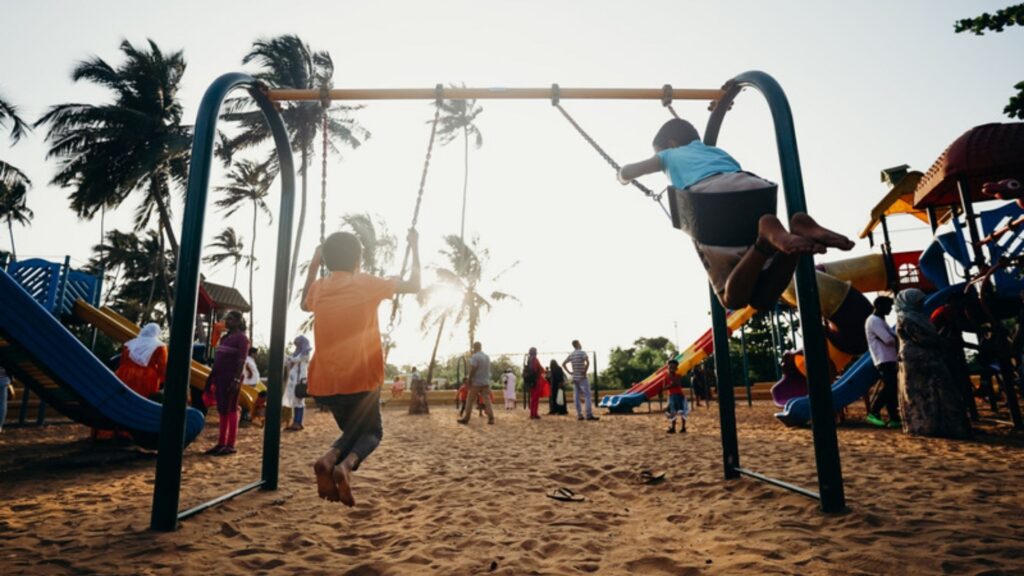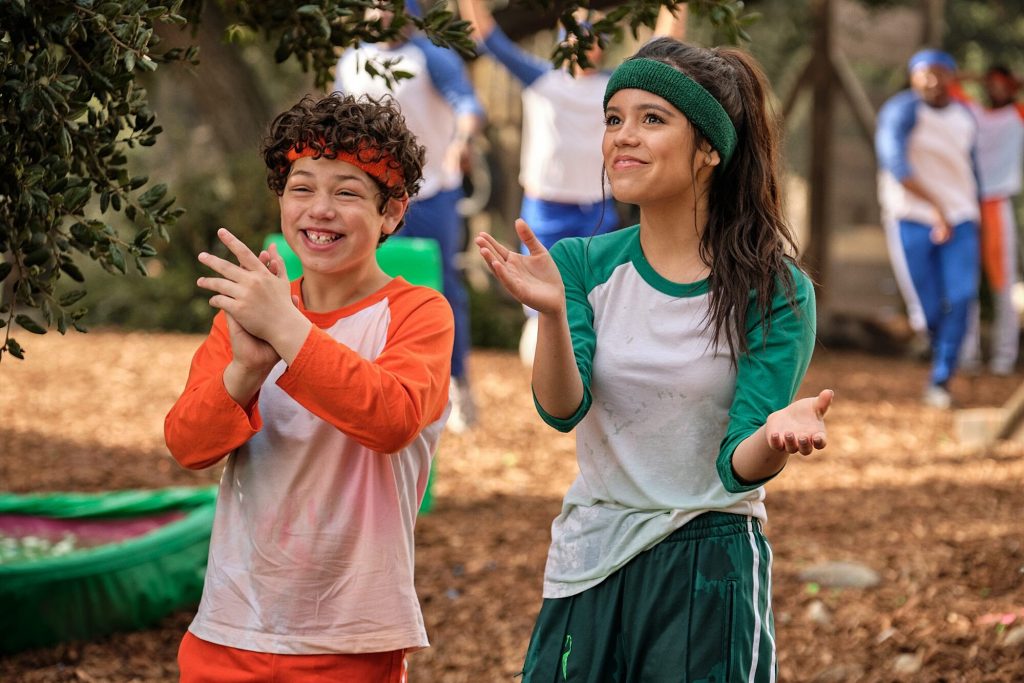Homeschoolers Are Better Socially Than Public School Kids, Says New Research
New research says that children within a homeschool setting are better socialized than public school children.

For some time, homeschooling was socially viewed as an undesirable education method. The negative stigma surrounding this type of schooling led some to believe it was reserved for a select group and lacked socialization. But today, homeschooling is growing in popularity by leaps and bounds. On top of that, new research debunks a longstanding myth that homeschooled children don’t socialize enough.
New research not only depicts that homeschooled children get plenty of enculturation but also suggests that they fraternize at higher levels than public school kids. The study was conducted by Israeli education researchers Michal Unger Madara and Iris Ben David-Hadar. The pair examined the social competencies of homeschoolers through a variety of factors.
From a social viewpoint, the study looked at children from a homeschool life and evaluated their everyday ability to socialize through activities. Likewise, researchers studied their social intelligence based on their ability to foster relationships with others, even in complex situations. Participating students were asked to fill out a survey and results were measured by a social skills rating system (SSRS) and the information was compared to surveys filled out by public school students.
Even when accounting for control variables, students who grew up in a homeschool setting tested at higher levels of sociability than children who attended public schools. On top of that, those with more siblings at home in a homeschool environment showed the highest levels of evaluation. Now that this information is being shared, the question on many’s minds is what exactly has led to this finding.
More than likely, there are multiple factors at play that would make homeschoolers able to better adapt and socialize in the world. For one, bullying could play a big role in this. Public and private school students are more prone to receive harassment from bullying in schools. About one-fifth of school children are bullied. What’s more, even those who may never be the perpetrator or victim of this social harassment will be witness to it at some point.
But the solution to bullying shouldn’t be isolation from children via homeschool. Supporting this research finding, experienced families that run home schools know how well-structured this aspect of at-home education can be. Many homeschool families participate in pod-like groups, which bring small groups of students together. These co-ops offer children the opportunity to socialize in a school setting and partici[ate together in extra-curricular outings and field trips – all under the supervision of parents.

Another now-debunked myth of homeschoolers revolves participating in certain groups. Most public schools prohibit homeschooled children from participating in after-school activities and sports. However, these families can take advantage of other organizations that offer social skills-building activities like the YMCA and YWCA, religious groups, parks, museums, and more.
Similar studies depict a growing downward trend in the degrees of public school children and socialization. Recent research found that fewer children are participating in school sports. This may also impact the finding that homeschooled children are better equipped for social settings.
Even as public schools assert that they have returned to normal operation, more and more families continue to leave the public education sector in favor of homeschool. This method grew from an estimated 2.65 million students during the 2019-2020 school year to 3.72 million during the following school year. And with findings like this, homeschooling is better equipped to continue its upwards move.



